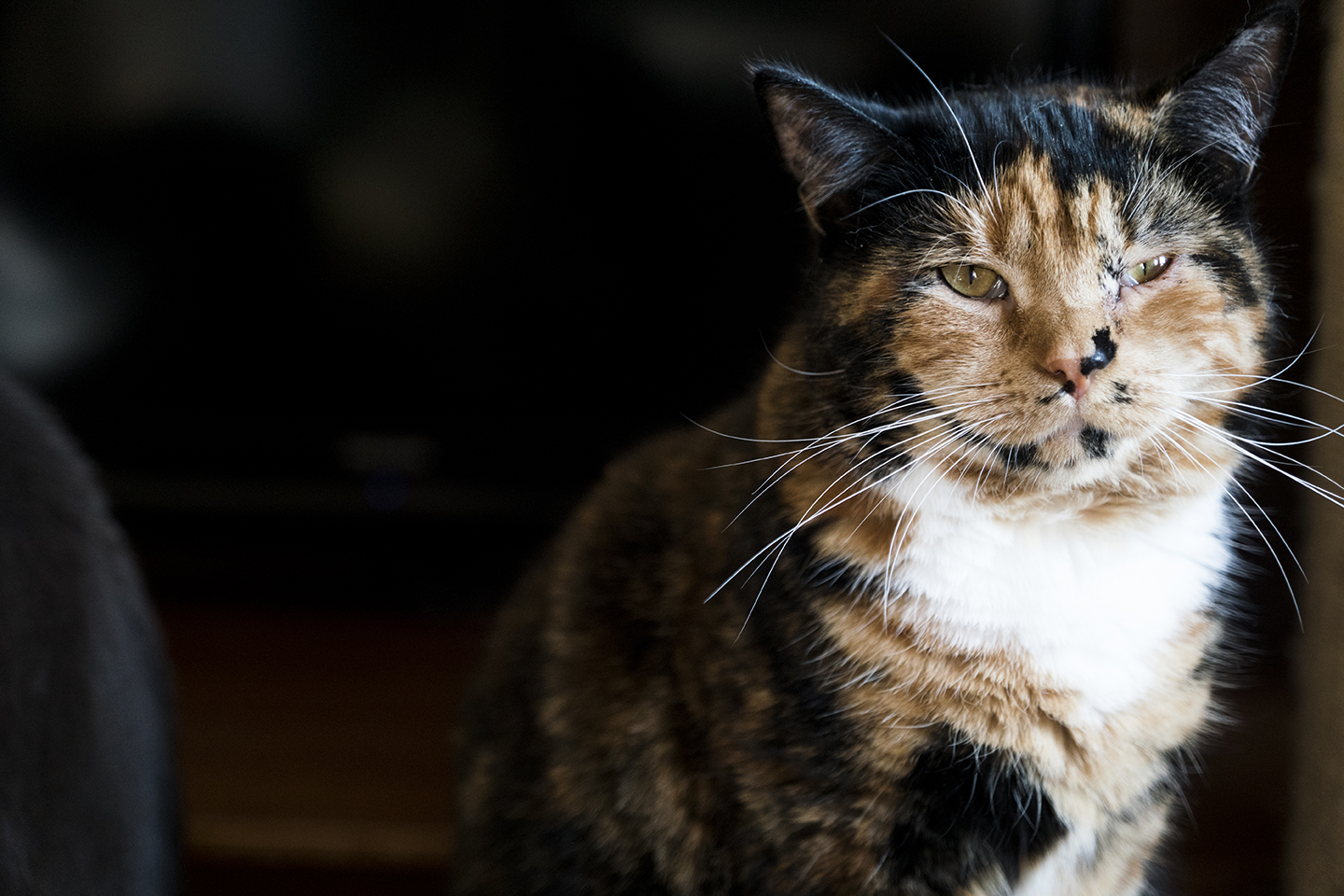Cat Neutering
Neutering and Spaying
Why neuter? This is one of the most common questions we are asked as a rescue organisation. The answer is a simple one!
To protect your cat from disease and to prolong the life and health of your cat.
Thousands of cats are killed every year in kill shelters simply because there is no homes for them to go to and by breeding your cat you are simply adding to the numbers of cats who face this fate.

What are the benefits of neutering for Male Cats?
- Neutered male cats will become less likely to roam from home and reduce the chances of him becoming lost.
- They become less likely to fight, improving their chances of avoiding serious diseases like feline immunodeficiency virus (FIV) and feline leukaemia virus (FeLV) which are transmitted by cat bites and reproductive activity.
- Male cats are prone to problem behaviours such as spraying and fighting and neutering stops this behaviour.
- Reduces their chances of bite wound abscesses requiring costly veterinary care.
- Enables your cat to live a happier normal life without being driven by hormones to mate.
- Cat will live longer and be healthier in its old age.
What are the benefits of spaying for Female Cats?
- Reduces their chances of contracting infectious diseases such as FIV and FeLV which can be fatal.
- Stops the risk of Pyometra a condition which can be fatal and require costly veterinary care for them to survive.
- Greatly reduces the risk of mammary tumours and cancer.
- Stops your cat suffering stunted growth from mating too young.
- Enables your cat to live a happier normal life without being driven by hormones to mate.
- Cat will live longer and be healthier in its old age.
What age does my cat become driven to mate?
Cats as young as 4 or 5 months old can go through the hormone change that drives them to mate. A female cat mating and having kittens this young will suffer stunted growth at best and the litter, if it survives is at risk of birth defects. It may prove fatal or cause lasting health issues for the mother cat as they are not physically developed enough to deliver and nurse a litter.
Why does my cat mate?
Obviously to procreate. However, cats are driven to this behaviour by surging hormones in their body to perform these behaviours. It is not a conscious choice they make to mate and they do not do it for enjoyment. In fact, females go through a very painful mating process as the male cats penis is covered in sharp barbs stopping the female from moving once caught.
Neutering and Spaying: Did you know?
- Cats can become pregnant shortly after giving birth to a litter and while nursing.
- Repeated litters increase the risk of birth defects, infant death and the rejection of litters.
- Increases the risk of calcium deficiency which is often fatal.
- Stunts female growth.
- Cats can abort their kittens or re-absorb a litter if mated too young which can result in womb infections requiring costly veterinary care.
- Cats recover from neutering operations very quickly. Male cats within 24 hours and females just a few days.
Where to Get Help
Several cat rescue organisations run neutering schemes where a voucher system is used to help you pay for the cost of neutering. In some instances this will cover all or part of the cost of neutering your cat.
Cats Protection Neutering Helpline (Mon-Fri 9.30am-1pm) – 03000 121212
In the Fife area you can contact the following:
Fife Cat Shelter: 01383 830286
